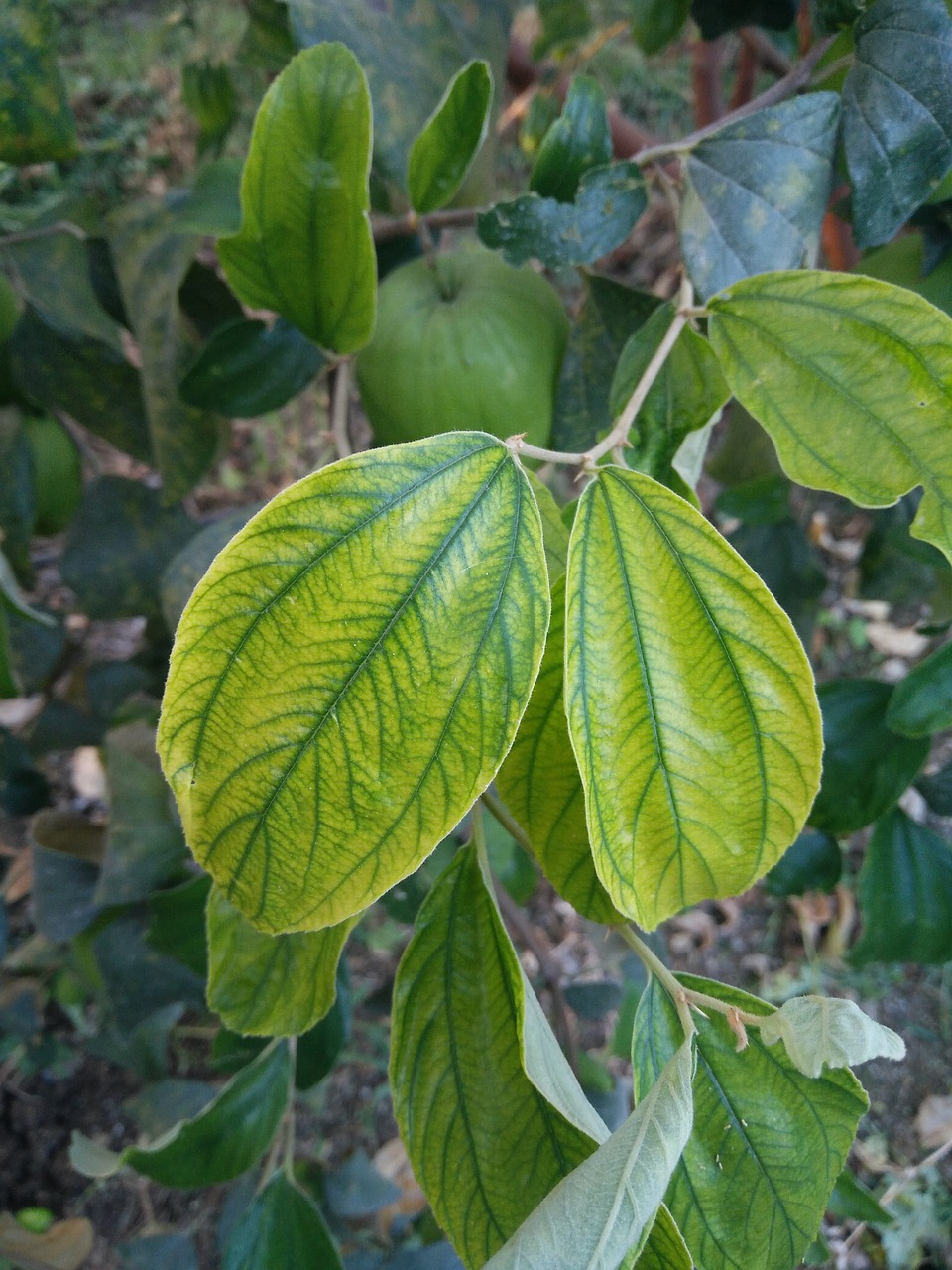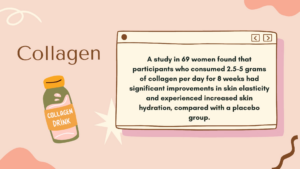Many of us spend a fortune on various skin care treatments and beauty products in our quest for flawless skin and timeless beauty. However, true beauty starts from within and radiant skin first and foremost depends on our diet. In particular, micronutrients that as vitamins and minerals are very important. These little devil molecules are key players in the healthy look of your skin and overall good appearance. This comprehensive guide will delve into necessary micronutrients for healthy skin, their importance to the body, as well as how you can incorporate them into your meals.
The Power of Micronutrients
Despite being needed in small amounts compared to macronutrients such as carbohydrates, fats, or proteins, they play a crucial role that keeping the human system working properly. They aid in influencing different functions associated with the health of the skin among others. Among these include vitamins A, C, and E as well as minerals like zinc and selenium. Each of these nutrients has unique properties that contribute to a glowing complexion for robust and resilient skin.
Vitamin A: The Skin Repairer
Vitamin A also called retinol is an excellent nutrient for maintaining healthy skin. The compound promotes cell turnover which helps shed dead cells revealing fresh new ones underneath it. This results in a reduced appearance of fine lines, wrinkles, and hyperpigmentation.
Sources of Vitamin A:
- Carrots
- Sweet potatoes
- Spinach
- Kale
- Liver
Benefits for Skin:
- Reduces acne and blemishes
- Improves skin texture and tone
- Diminishes signs of aging
Vitamin C: The Brightening Agent
This free radical scavenging property of Vitamin C protects the skin from oxidative stress due to UV radiation exposure or pollution caused by environmental hazards such as smoke among others. Additionally, it is essential in collagen synthesis which maintains elasticity hence keeping firmer complexions
Sources of Vitamin C:
- Citrus fruits (oranges, lemons, grapefruits)
- Strawberries
- Bell peppers
- Broccoli
- Brussels sprouts
Benefits for Skin:
- Brightens complexion
- Reduces hyperpigmentation
- Boosts collagen production
- Protects against environmental damage
Vitamin E: The Moisturizer
Vitamin E another powerful antioxidant gives protection against oxidative stress on the surface layer of your body too while it has moisturizing characteristics just like other constituents listed above helping keep your epidermis hydrated and soft all day long.
Sources of Vitamin E:
- Almonds
- Sunflower seeds
- Avocados
- Spinach
- Olive oil
Benefits for Skin:
- Moisturizes and soothes dry skin
- Reduces inflammation
- Prevents premature aging
- Enhances skin repair
Zinc: The Acne Fighter
Zinc is a trace mineral that plays a significant role in controlling oil production on its own or even preventing immune dysfunction as well as maintaining immune function amongst other roles it carries out especially when it comes to acne sufferers since it reduces inflammation hence bacterial growth inhibition.
Sources of Zinc:
- Oysters
- Beef
- Pumpkin seeds
- Lentils
- Chickpeas
Benefits for Skin:
- Controls oil production
- Reduces acne breakouts
- Speeds up wound healing
- Protects against UV damage
Selenium: The Skin Protector
Selenium is a potent antioxidant, which protects your skin from the sun and delays aging. It also supports glutathione production that in turn keeps the elasticity of skin intact.
Sources of Selenium:
- Brazil nuts
- Tuna
- Eggs
- Sunflower seeds
- Brown rice
Benefits for Skin:
- Protects against UV-induced damage
- Maintains skin elasticity
- Reduces the risk of skin cancer
- Promotes overall skin health
Incorporating Micronutrients into Your Diet
The following would be the next step after comprehending the significance of these micronutrients, and it is important to ensure that we obtain sufficient amounts of them through our diet. To include these basic nutrients in your daily ration, you can consider the following practical tips.
Eat a Colorful Diet
Consume different vegetables and fruits because they are rich in vitamins and minerals. Putting a variety of colors on your plate will guarantee you take in a wide spectrum of essential nutrients. Aim at having five servings daily of fruits and vegetables.
Opt for Whole Foods
Processed foods tend to lose most of their natural nutrients; however entire meals are less processed retaining more nutrients. In contrast to packaged as well as processed food items, select whole grains, lean proteins, nuts and seeds, and fresh produce among others.
Consider Supplements
Although it’s best to get your nutrition from food sources, supplements can help fill gaps if you’re experiencing any deficiencies. Consult with a healthcare provider before starting any new supplement regimen.
Stay Hydrated
Water is very essential for maintaining healthy skin – it flushes out toxins while keeping the skin moisturized from within. Try drinking eight or more glasses every day.
Conclusion
Micronutrients play an indispensable role in glowing complexion and natural beauty hence; one should understand how vitamins A, C, E, Zinc, and Selenium impact positively towards this goal when taken into our bodies by incorporating them inside our diets. Maintaining healthy skin includes radiant complexions that are supported by an adequate intake of vitamins and minerals such as A, C, E, Zinc, and Selenium among so many others. Remember that real beauty starts from within thus eating nutrient-dense foods will give you a beautiful glow on your face.








